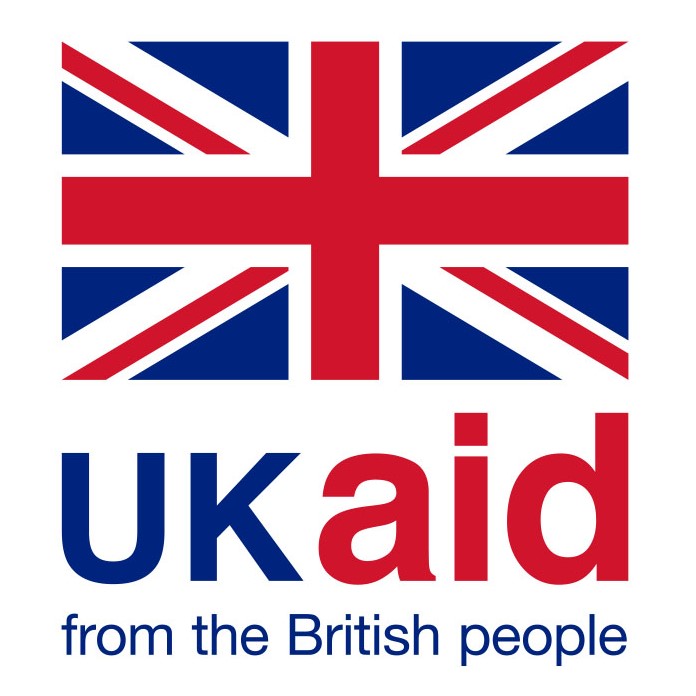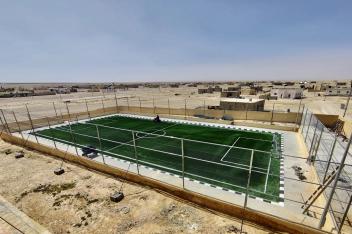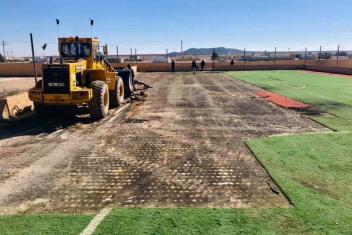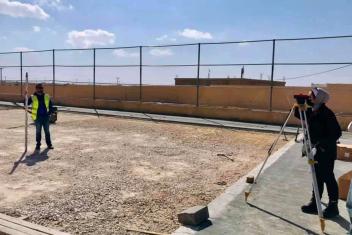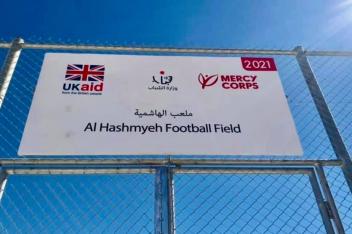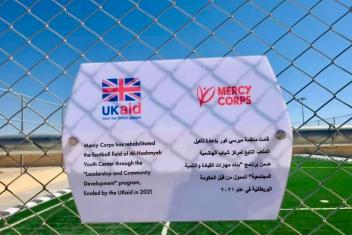Making a difference in the community: Renovating Al Hashemiyah football field
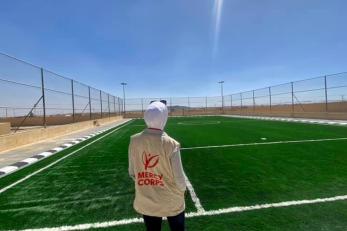
Participating in sports, whether in structured or unstructured activities, is crucial for youth to live a more active and healthier lifestyle. Youth who engage in sports not only become more physically fit, but also gain intangible mental and social health benefits that transcend into their adulthood. Youth who are active are more likely to be happy and in touch with their emotions and mental well being, curbing rates of depression and social anxiety - while also promoting self confidence. Even though the community's sports offerings may differ based on the location, climate, preferred local activities, and other factors, the value of youth sports involvement cannot be overstated.
Through the belief of the crucial role equitable public spaces provided for youth in their communities to help them develop their talents, Mercy Corps, as part of its UKaid-funded Leadership and Community Development program, rehabilitated the football field of Hashemiyah Youth Center in Maan following a need assessment conducted by the Mercy Corps team with the support of the Jordanian Ministry of Youth, which identified that rehabilitating the football field in Hashemiyah district was one of the community's urgent and important needs.
"The old football field's uneven surface had caused many serious and horrific injuries to the cruciate ligament of the youth playing there," claims Abdullah, coach at Hashemiyah Youth Center.
"It is also worth mentioning that this football field is the only one available in Hashemiyah, with the nearest one being 40 minutes away by vehicle and two hours away on foot," Tareq, the center's manager, says.
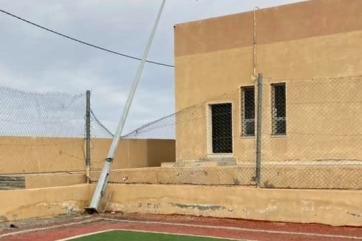
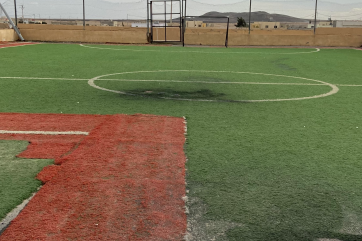
The renovation work included realigning and leveling the stadium turf base to ensure proper drainage, installing new grills, replacing the old turf with a new one, and replacing the old surrounding fence with a new fence. In addition, the lighting poles foundations were replaced.
Hamad, a 25-year-old member of Hashemiyah Youth Center mentions “We were previously afraid to play football on the field because of the serious injuries that were experienced by peers in the area.” He adds “When we wanted to play, we had to go to stadiums in Maan or other districts, where the closest one was a half-hour drive away. Now, the situation is completely different, with the stadium's floor and lights being repaired, allowing us to play there again without fear.”
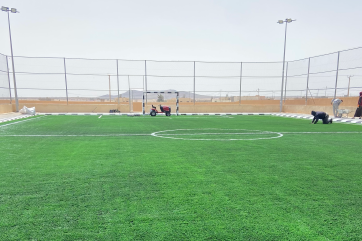
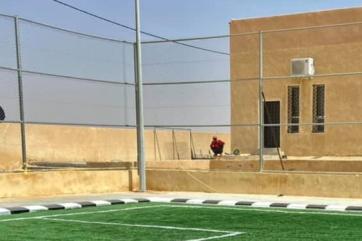
As part of the Youth Center’s activation plan, the program team organized a tournament for 48 youth from Al Hashemiyah, supplying them with footballs, whistles, cups, uniforms, and everything else they needed to put up the tournament.
“The renovation of the football field has had a significant positive impact on the youth of Al Hashemiyah, as they are now able to host teams from neighboring districts and hold tournaments in the new football field. Fixing the lights also allowed them to play throughout the day. The youth in Hashemiyah were divided into two groups, one group under the age of 18, and the other one above the age of 18, with each group responsible for cleaning the field after each game and passing over the keys to the next group. This instilled a greater sense of responsibility in the young people of the region.” Abdullah says.’
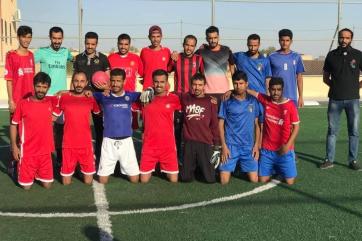
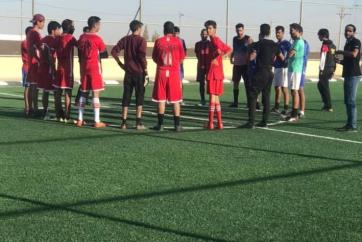
The UKaid-funded 'Leadership and Community Development' program was launched in December 2012. The program worked to support participatory and responsive governance structures and sought to bridge the gap between citizens and government. Since the beginning of the COVID‑19 pandemic, the program has focused on mitigating the long-term negative health and economic impacts of the crisis on the communities.
